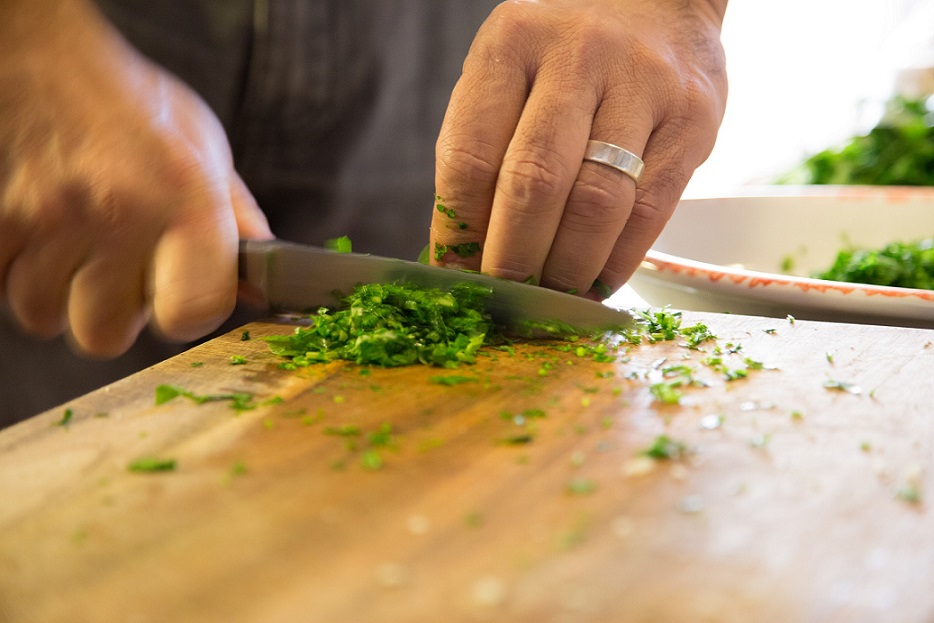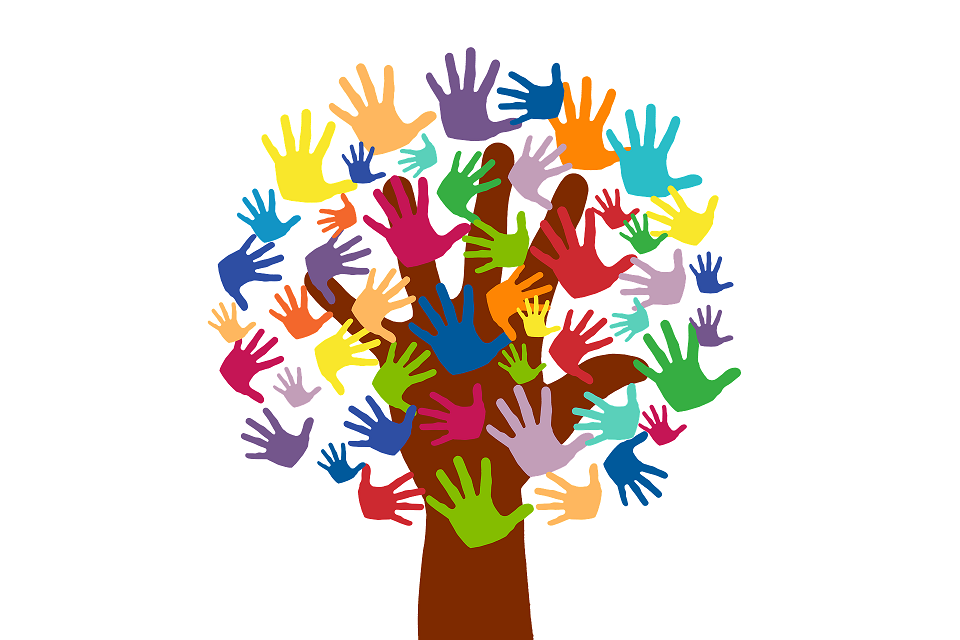Menu
Menu


For many, the holidays are a time of reunion and celebrations. Laughter and chatter flow freely amidst food and drink, as families gather to usher in the New Year. But for the bereaved who have lost a loved one, the festivities of holidays sometimes magnify the void of grief.
The Kübler-Ross Grief Model stipulates that grief can be categorised into seven stages: shock and denial; pain and guilt; anger and bargaining; depression, reflection and loneliness; the upward turn; reconstruction and working through, and acceptance and hope. There is often no systematic progression from one stage to another – you might find yourself pendulating back to an earlier stage at any point in time, even if you have largely come to terms with the loss of your loved one.
The holidays can bring back vivid memories of the past, triggering mixed emotions, including grief, loneliness and loss. On the flip side, the festive period can also represent an opportunity to be with family and friends, to reflect and honour the memories of the deceased.

The festive season – as well as special dates like birthdays and anniversaries – can be especially challenging for the bereaved, as they naturally magnify the absence of their loved one. It is important to identify those occasions and anticipate these reactions, which might occur and are normal.
Plan ahead on how these occasions can be managed, and try speaking to a trusted friend or family about what is happening. If you have to excuse yourself from large celebrations, it is beneficial to help your family and friends comprehend where you are coming from.

“What if I forget grandma?” The fear of forgetting their deceased loved one is common among bereaved individuals. Creating acts of remembrance can help to manage that fear in a helpful and therapeutic way. For example, it can be a simple and familiar routine, such as cooking grandma’s signature dish for the holidays. Looking through old photos and personal belongings can have a healing effect too.
While minute details of past memories can become fuzzy with time, emotional connections will always remain intact.

Volunteering or making a donation in honour of your loved one is another uplifting act of remembrance. Serving the community in one way or another enables you to honour the virtues of your loved one by paying it forward to less privileged segments of society.
If he or she was passionate about delivering meals to underprivileged elderly staying alone, you could do the same as well by sponsoring meals during the festive season.

While talking about death and loss has become less of a taboo in recent years, there are many who might still be reticent about these topics. But breaking the silence can bring much relief to the emotional burden of grief.
You may have experienced an outpouring of support in the early days of bereavement, but this usually dwindles with the passage of time. Your friends and family may not be fully aware of what you need, especially during festive occasions where you might be feeling particularly vulnerable. Being candid about how you are feeling not only helps you garner the support you need, but also strengthens existing relationships.